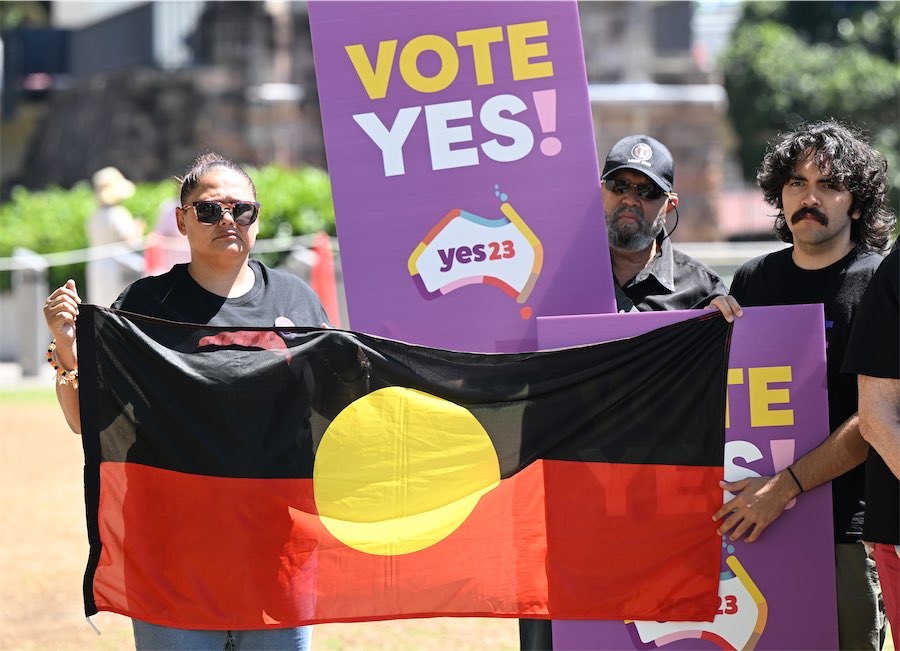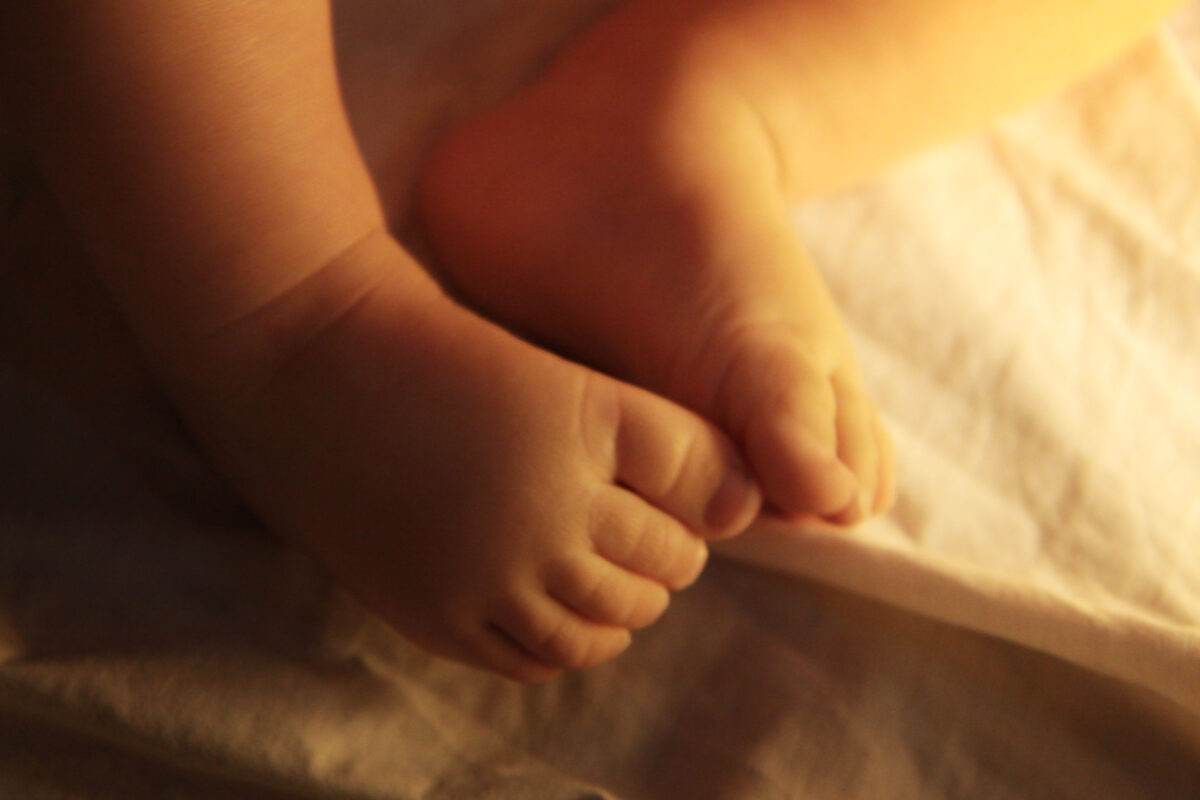
By Maeve Bannister in Sydney
INDIGENOUS leaders have warned the mistakes of the past will be repeated after Australians overwhelmingly rejected a proposal to enshrine a Voice in the constitution.
In the nation’s first referendum in 24 years, the majority of Australians voted “no” to a constitutional change to establish an advisory body that would have given advice to the government on matters affecting indigenous people.
Every state turned down the proposal, with the ACT the only jurisdiction to back the “yes” case.
Devastated First Nations leaders called for a week of silence following the defeat.
In a joint statement breaking their silence, three NT land councils said the result of the referendum could not be separated from a “deep-seated racism”.
“It is fair to say that not everyone who voted ‘no’ is racist but also fair to say that all racists voted ‘no’,” the Northern Land Council, Tiwi Land Council and Anindilyakwa Land Council said on Saturday.
“The vitriol and hatred that were part of the campaign existed prior to, but were given licence through the process.
“The overarching theory we are incapable of managing our own affairs is dehumanising and degrading and, most of all, deeply flawed.”
Residents in remote NT communities overwhelmingly supported the referendum proposal.
The councils said communities who voted “yes” were eager to break the shackles of poor government decision making.
“The mistakes of the past will be continued with the latest mandate,” their statement said.
“In effect it is an attempt to silence Aboriginal people which is likely to further disadvantage our communities.”
Despite the result, the councils said indigenous Australians would continue to expect engagement and partnership from government.
“With an eye on the future, we remember in the Northern Territory, we make up 30 per cent of the population, we control 48 per cent of the land and 85 per cent of the coastline,” they said.
“We remind the public and we remind politicians, prosperity in this jurisdiction relies on us.”
The councils said they would continue to champion the rights of their constituents, particularly those in remote areas.
In an opinion piece for the “Saturday Paper”, Yes” campaigner Thomas Mayo said he had reflected on the referendum outcome during the past week.
“I have concluded indigenous peoples were correct to take the invitation in the Uluru Statement from the Heart to the Australian people,” he wrote.
“We were not wrong to ask them to recognise us through a voice.”
Mr Mayo accused Opposition Leader Peter Dutton of choosing politics over outcomes by backing the “No” campaign, saying “his career came before fairness”.
“If he ever becomes prime minister, it is an indication that he places no value in speaking with indigenous people before making decisions about them,” he said.
“His promise of a second referendum was decided without consulting indigenous leaders, not even his own spokesperson on indigenous affairs.”
Mr Mayo said although the referendum had failed, the movement for indigenous rights and recognition had grown.
The latest count shows the national “no” vote at 60.69 per cent and “yes” at 39.31 per cent.
Who can be trusted?
In a world of spin and confusion, there’s never been a more important time to support independent journalism in Canberra.
If you trust our work online and want to enforce the power of independent voices, I invite you to make a small contribution.
Every dollar of support is invested back into our journalism to help keep citynews.com.au strong and free.
Thank you,
Ian Meikle, editor





Leave a Reply